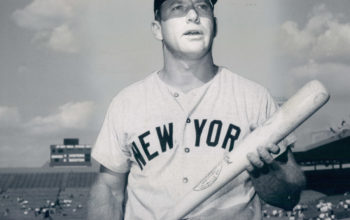“I ‘Didn’t Know What It Was'”–
Utah Jazz player and 2021 NCAA Tournament champion Jared Butler was diagnosed with hypertrophic cardiomyopathy before the start of his college basketball career.
The following written content by Jason Duaine Hahn

NBA player Jared Butler hops to inspire others to be mindful of their health by opening up about his own diagnosis with a rare heart condition.
Before the start of his college basketball career, Butler underwent a preliminary physical that led to a surprising discovery — he had hypertrophic cardiomyopathy (HCM), which causes the walls of the heart chamber to thicken.
“My EKG was abnormal, and they led to more tests of the heart,” the 21-year-old Utah Jazz player and 2021 NCAA Tournament champion recounts to PEOPLE. “And I found out that I had HCM and like you, I had had no experience or didn’t know what it was.”
While people with HCM can develop symptoms such as chest pain during exercise, shortness of breath, fatigue, and dizziness, Butler says he hadn’t experienced any indication something was amiss. And according to the American Heart Association, many people with HCM don’t have symptoms and may not until the condition develops over time.
HCM’s chronic nature also means it can eventually lead to long-term complications, like atrial fibrillation, stroke, and other heart-related problems — increasing the risk of death.
Fortunately, Butler has not experienced any symptoms of the condition, and it did not stop him from having a successful tenure at Baylor University, which led to him being selected during the 2021 NBA Draft.
“I’m so proud of him. My dream was for him to be able to have the opportunity to play,” Butler’s mother, Juanea, tells PEOPLE of her son. “He’s always wanted to play, ever since he was little. He’s been playing ball ever since he was five years old. I wanted to see him live out his dream, and I’m just so grateful. I am really grateful.”
Because HCM can be passed down genetically, Juanea was tested for the condition and discovered she had the gene though she has, too, never experienced symptoms.
“That was really shocking, that was really shocking for me,” she recalls. Read more from People.





